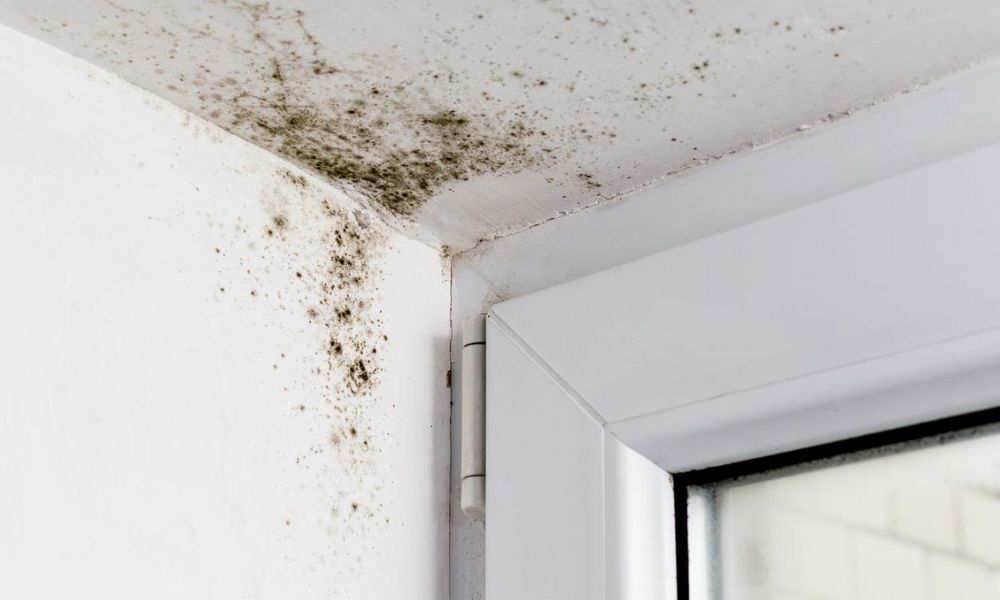The Hidden Dangers of Not Washing Your Curtains: Why Regular Cleaning Matters

Curtains are an essential part of home décor, often enhancing the aesthetic appeal and providing privacy. However, they tend to be overlooked when it comes to routine cleaning. While it’s easy to focus on dusting furniture, vacuuming floors, or cleaning windows, the build-up of dirt, dust, and allergens on your curtains can go unnoticed for months—even years.
Neglecting curtain care doesn’t just affect their appearance but can also pose significant health risks and impact the overall atmosphere of your home. From accumulating allergens that can trigger respiratory issues to harbouring mould and mildew, unwashed curtains can become a source of problems that go beyond what meets the eye. In addition, they trap odors from cooking, smoking, or the outdoors, which can leave your home smelling less than fresh. Over time, the dirt and grime also cause wear and tear on the fabric, reducing the lifespan of your curtains. To protect both your health and the longevity of your curtains, regular cleaning is more than just a good practice—it’s essential for maintaining a clean, fresh, and inviting living environment..
Dust and Allergens Build-Up

Curtains act as a barrier between your windows and the rest of your home. As a result, they absorb a significant amount of dust, pollen, and other airborne particles that can trigger allergies. For households with pets, curtains also collect pet hair and dander, creating an ideal environment for allergens to thrive.
If anyone in your household suffers from sneezing, watery eyes, or frequent coughing, unwashed curtains might be to blame. Washing or vacuuming your curtains regularly can dramatically reduce the amount of allergens in your home, leading to a noticeable improvement in indoor air quality. For those with severe allergies, professional curtain cleaning every six months can make a huge difference in comfort and health.
Mold and Mildew Growth

Rooms with high humidity, such as bathrooms, kitchens, or basements, are breeding grounds for mold and mildew. Curtains, especially those made from thick or moisture-absorbing fabrics can trap moisture, leading to the growth of harmful mold. Mold spores can spread throughout your home, potentially causing symptoms like chronic coughing, headaches, sinus congestion, and in severe cases, lung infections.
Mold growth may not always be visible, and it often hides deep within curtain folds or in fabrics behind furniture. Keeping an eye on curtains in moisture-prone areas and using dehumidifiers can help reduce the risk. Curtains should be cleaned regularly, especially in these rooms, to prevent mold from spreading to other parts of your home.
Foul Odors

Curtains absorb the smells in your home, including those from cooking, smoking, or musty conditions. Over time, these odors can become deeply embedded in the fabric. If your curtains aren’t washed, your home may develop a lingering, unpleasant smell. For example, curtains in the kitchen are prone to absorbing the scent of fried foods or strong spices, while those in the living room may hold onto smoke or pet smells.
These odors can affect the overall ambiance of your home, making it less inviting for guests and uncomfortable for residents. Regular washing eliminates trapped odors, ensuring your home smells clean and fresh. Using scented fabric softeners or curtain-specific fresheners can also help add a pleasant aroma to your space.
Curtain Wear and Tear

Curtains may appear sturdy, but dust and dirt particles that accumulate over time can slowly erode the fibres. The abrasive action of dirt rubbing against the fabric causes them to weaken, tear, or become discoloured. Curtains made from delicate materials, like silk or lace, are especially susceptible to damage if not cared for properly.
Without regular cleaning, you may notice your curtains losing their shape, looking worn, or even developing small holes. Rather than replacing them frequently, a simple washing or professional cleaning will remove these particles and prolong the life of your curtains, keeping them looking new and fresh for years.
Unpleasant Aesthetics

Curtains can make or break the look of a room. Dirty or discoloured curtains immediately draw negative attention and can make your entire space look unkempt, regardless of how clean the rest of the room is. Dusty curtains also allow less natural light to enter, making rooms look darker and less inviting.
Fabrics with bold colors, patterns, or light-colored curtains, in particular, are more susceptible to visible dust, dirt, and fading. Regular cleaning will restore their vibrancy and allow them to frame your windows beautifully, contributing to a more polished and aesthetically pleasing home.
How Often Should You Clean Your Curtains?
The frequency of curtain cleaning depends on several factors, including the material, the room they’re in, and your lifestyle. Here are some general guidelines:
- Living rooms: Clean every 3-6 months, especially if you have pets or often entertain guests.
- Bedrooms: Every 3-4 months to minimize allergens and dust accumulation.
- Kitchens or bathrooms: Every 2-3 months to prevent mold, grease, and odor build-up.
- Heavily trafficked homes or homes with pets: More frequent cleaning (every 2-3 months) to ensure your home stays fresh.
Curtains made from delicate materials may require special attention, such as dry cleaning or hand washing. Always check the care label before cleaning.
Final Thoughts
While curtains are often an afterthought in home cleaning routines, they play a crucial role in maintaining a healthy living environment. Not only do they accumulate dust, allergens, and bacteria, but they also impact the overall look, feel, and smell of your home. Regular cleaning—whether by washing, vacuuming, or dry cleaning—ensures that your curtains remain in top condition, contributing to a cleaner, healthier, and more aesthetically pleasing home environment.
Don’t let your curtains become a hidden hazard in your home. Make regular cleaning a part of your household routine for better health, longevity, and comfort.

